Upgrade your kitchen in 2025 with non-toxic swaps! Discover simple, affordable changes for a healthier, greener, and toxin-free space for your family.
The kitchen of your home or homestead deserves to be as clean and healthy as possible. Your kitchen is where meals are prepared, conversations flow, and memories are made. Yet, hidden within some everyday kitchen items are chemicals, toxins, and wasteful materials that can harm your health and the environment.
The good news? 2025 is the perfect time to make mindful changes. With many affordable and accessible non-toxic alternatives, you can upgrade your kitchen to be safer, greener, and more efficient. Let’s explore the best non-toxic swaps for your kitchen this year!
Why Go Non-Toxic in Your Kitchen?
Your kitchen should be a safe space for nourishing your family. However, many traditional kitchen products—like plastic containers, non-stick pans, and chemical-laden cleaning supplies—can leach harmful substances into your food and air.
Switching to non-toxic options benefits:
- Your Health: Avoid exposure to endocrine disruptors, toxins, and allergens.
- The Environment: Reduce waste and pollution caused by disposable plastics and chemical cleaners.
- Your Budget: Invest in long-lasting, eco-friendly products that save you money.
Must-Have Non-Toxic Swaps for Your Kitchen
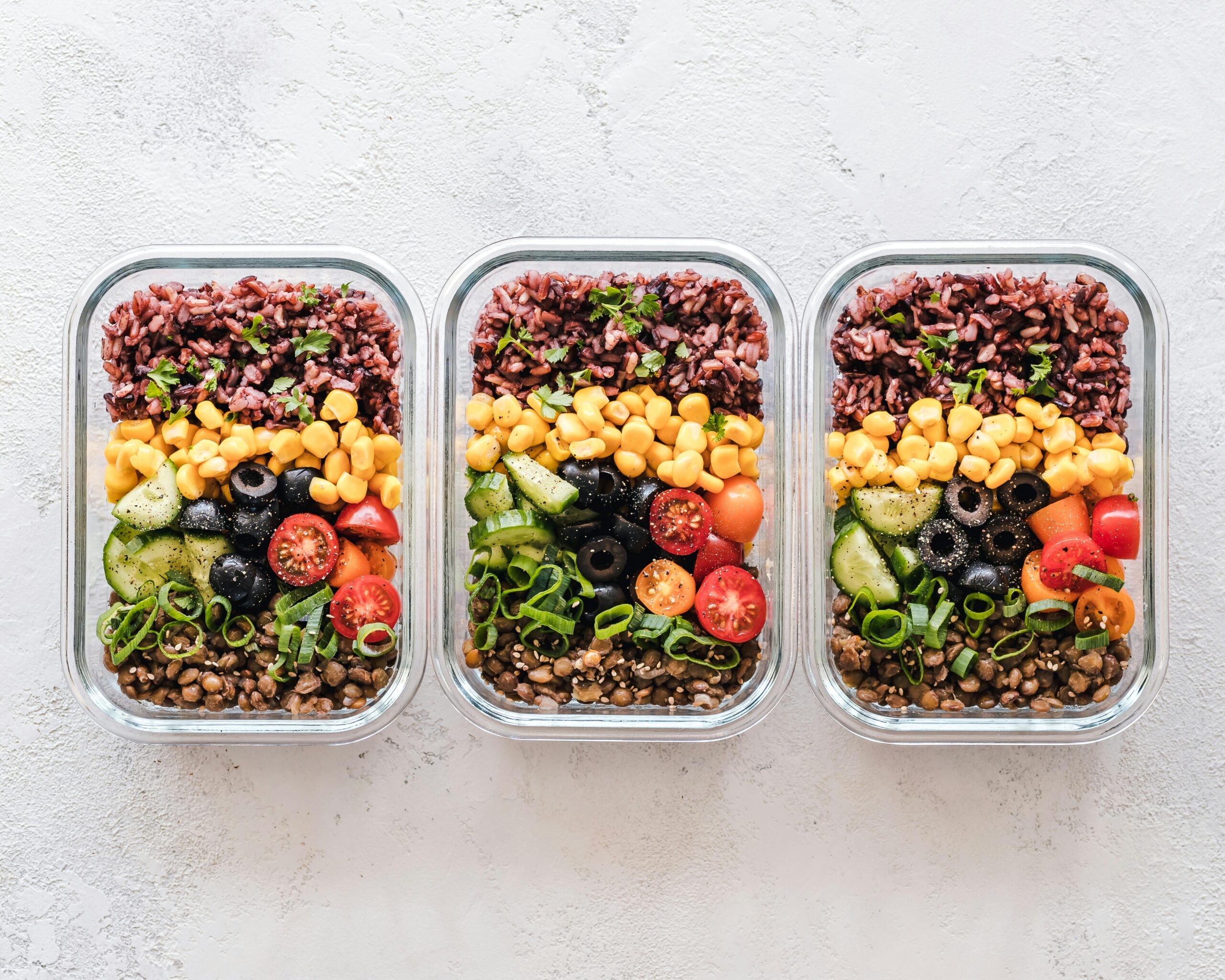
1. Swap Plastic Containers for Glass or Stainless Steel
- Why: Plastic containers can leach chemicals like BPA and phthalates into your food, especially when heated.
- Swap With: Glass containers with airtight lids or stainless-steel options for a durable, toxin-free alternative.
2. Swap Non-Stick Cookware for Cast Iron or Stainless Steel
- Why: Traditional non-stick coatings often contain PFOA and PFAS, which can release harmful fumes when heated.
- Swap With: Cast iron pans (seasoned naturally for non-stick properties) or stainless steel, both durable and safe.
3. Swap Plastic Wrap for Beeswax Wraps
- Why: Plastic wrap is single-use and can leach chemicals into your food.
- Swap With: Reusable beeswax wraps, silicone food covers, or glass containers with lids.
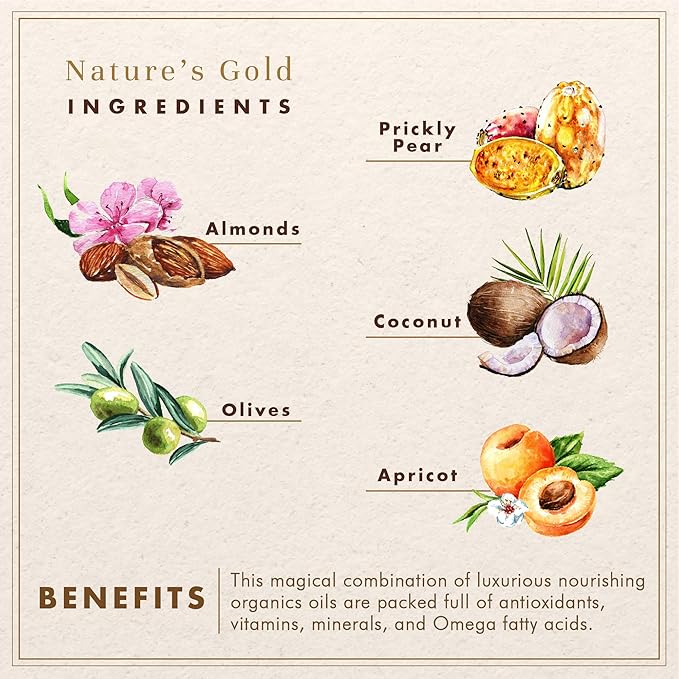
4. Swap Chemical Dish Soaps for Plant-Based Options
- Why: Many dish soaps contain synthetic fragrances and harsh surfactants.
- Swap With: Plant-based dish soaps made with natural ingredients and biodegradable formulas. Look for brands with transparent labels, or make your own!
5. Swap Disposable Paper Towels for Cloth Alternatives
- Why: Paper towels contribute to deforestation and create unnecessary waste.
- Swap With Reusable cotton towels, bamboo, or microfiber cleaning cloths. Wash them after use and save money while reducing waste.
6. Swap Plastic Utensils for Wood or Stainless Steel
- Why: Plastic utensils can warp, break, and release microplastics into your food.
- Swap with Wooden spoons, stainless steel utensils, or silicone-tipped tools for durability and safety.
7. Swap Synthetic Sponges for Compostable Options
- Why: Traditional sponges are made from plastic and can harbor bacteria.
- Swap With: Sponges made from natural fibers like cellulose or coconut husks. Pair with a wooden dish brush for extra scrubbing power.
8. Swap Store-Bought Cleaners for Homemade Solutions
- Why: Many kitchen cleaners contain toxic ingredients that can harm your family and pollute the environment.
- Swap With: DIY cleaners made with simple ingredients like vinegar, baking soda, and essential oils. A mix of vinegar and water works wonders for countertops and glass!
9. Swap Aluminum Foil and Parchment Paper for Silicone Baking Mats
- Why: Disposable baking liners create waste and often can’t be recycled.
- Swap With: Reusable silicone baking mats that are non-toxic, non-stick, and easy to clean.
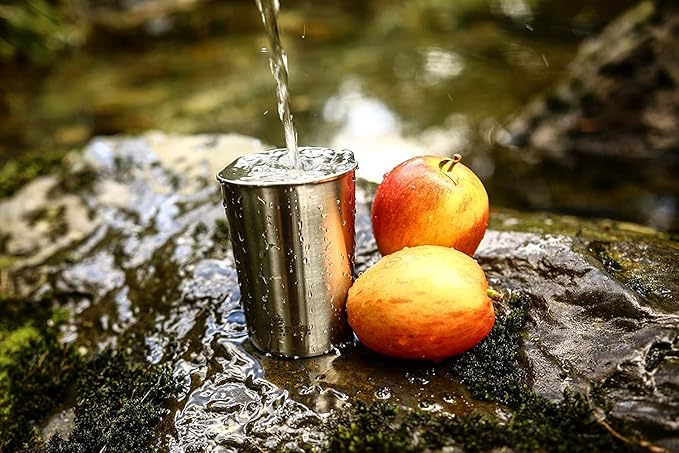
10. Swap Plastic Water Bottles for Glass or Stainless Steel
- Why: Single-use plastic bottles are bad for your health and the environment.
- Swap With: Glass or stainless-steel bottles that keep your beverages fresh and toxins-free.
Non-Toxic Swaps to Keep Your Kitchen Clean
Natural Dishwasher Detergent
Many store-bought dishwasher detergents contain harsh chemicals that can leave residues on your dishes. Switch to a homemade or eco-friendly detergent that’s gentle on your appliances and safe for your family.
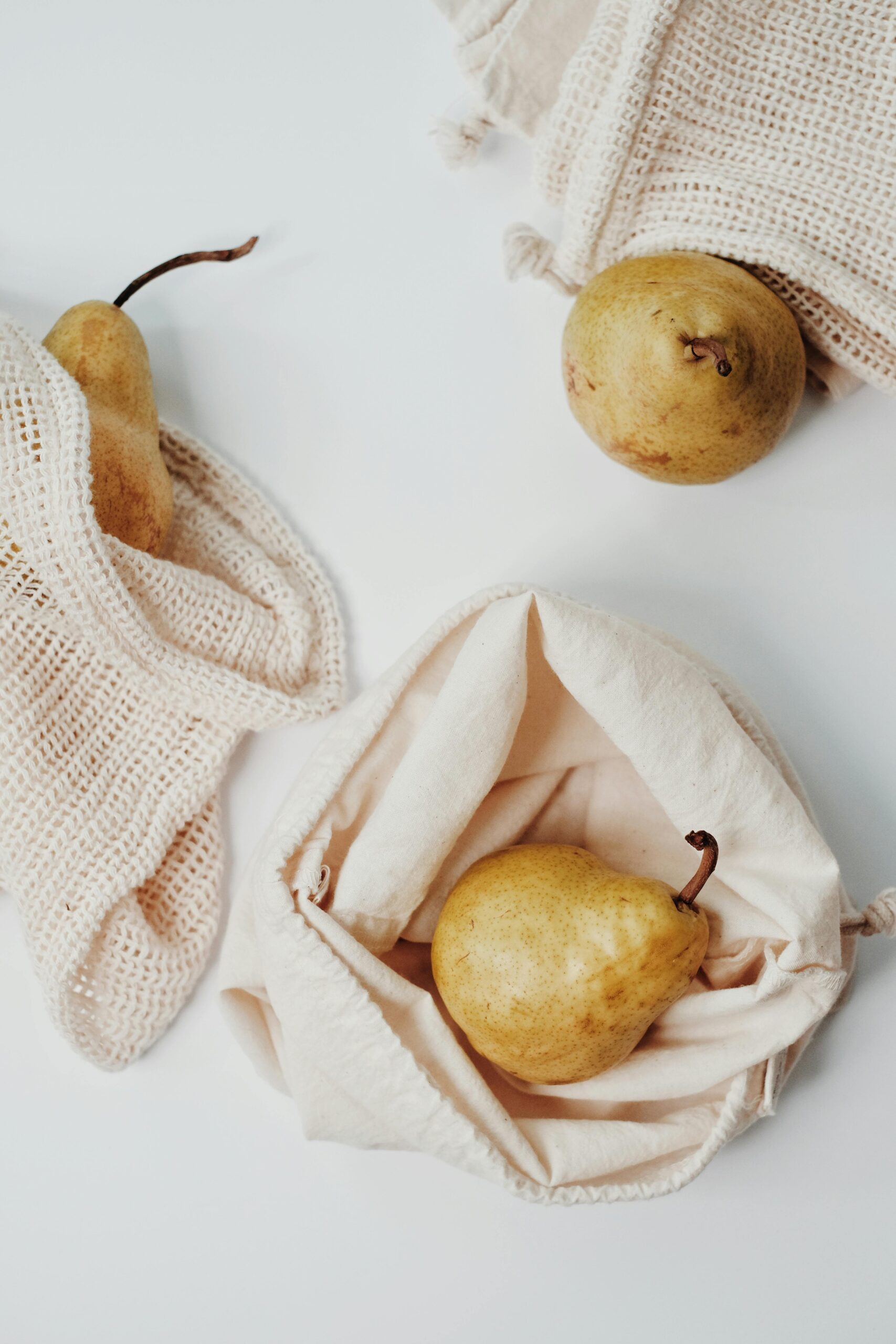
Reusable Produce Bags
Invest in cotton or mesh produce bags instead of plastic for fruits and vegetables. They’re washable, durable, and perfect for trips to the farmers’ market.
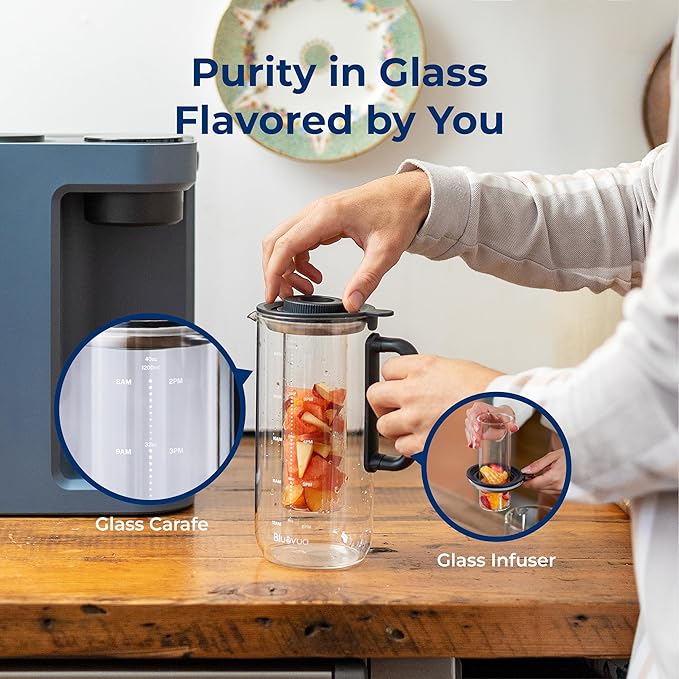
Filtered Water Systems
If you’re still using bottled water, consider installing a water filter or a countertop water filter system. It reduces impurities while eliminating the need for plastic bottles.
How to Transition to a Non-Toxic Kitchen
- Start Small: Begin with one or two swaps, like replacing plastic containers or switching to natural dish soap.
- Replace Gradually: As old items wear out, replace them with non-toxic alternatives.
- Shop Mindfully: Look for products labeled BPA-free, sustainable, or eco-friendly.
- DIY When Possible: Homemade cleaning solutions and reusable items are cost-effective and customizable.
- Commit to Change: Embrace the mindset of progress, not perfection. Every small step matters!
Why 2025 is the Year for Change
With growing awareness of the impacts of toxins on our health and planet, now is the perfect time to prioritize non-toxic living. Companies are offering more sustainable, accessible products than ever before, and DIY options are simple and affordable.
By making these swaps, you create a healthier home and set an example for others. A non-toxic kitchen is the heart of mindful living—where good food, health, and sustainability come together.

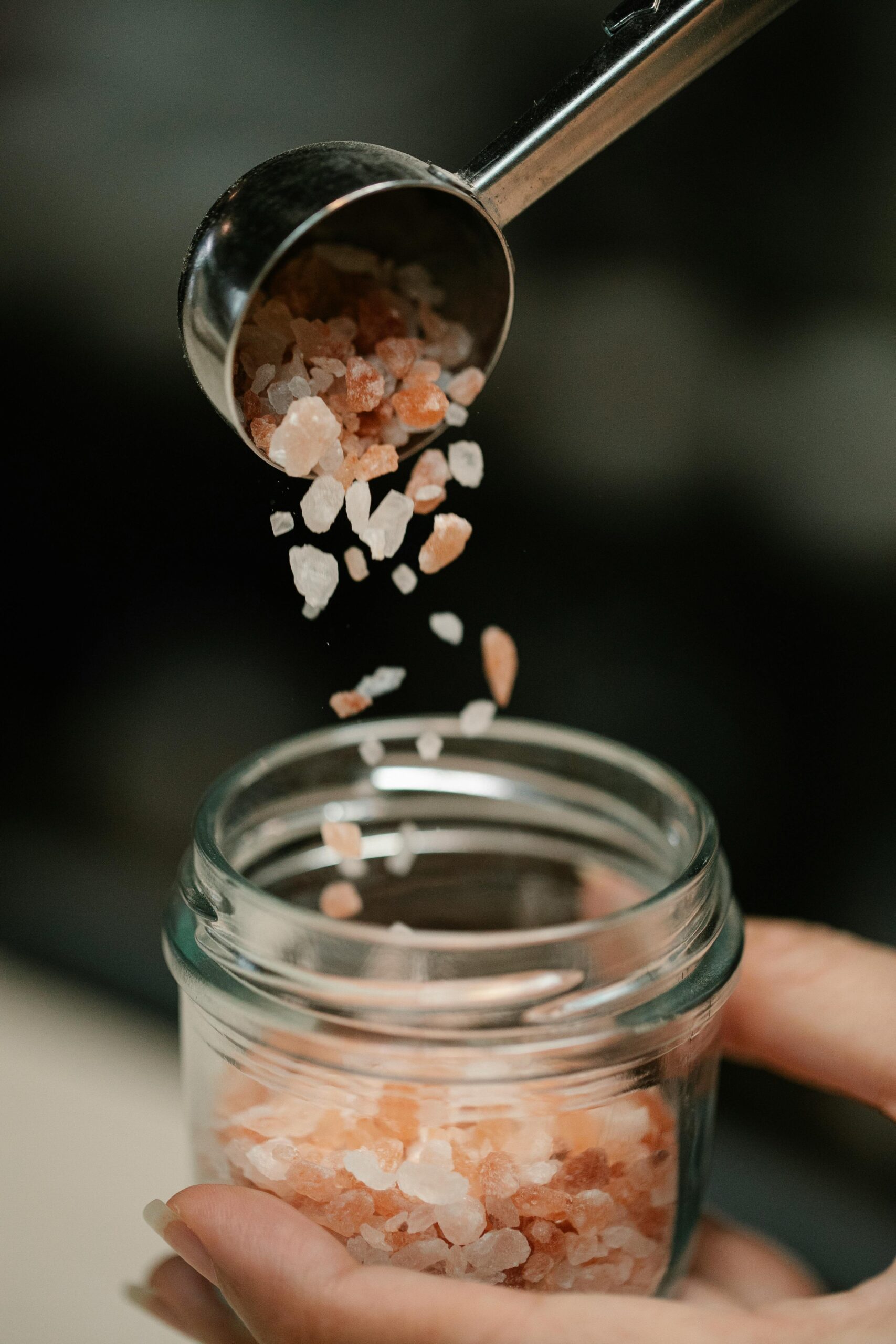
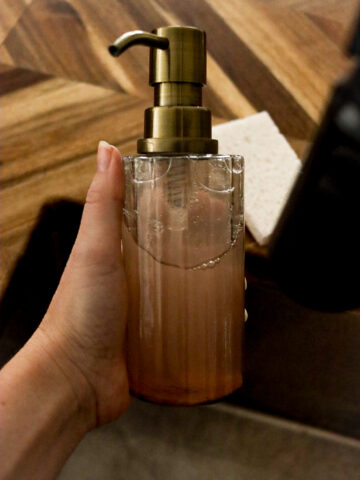
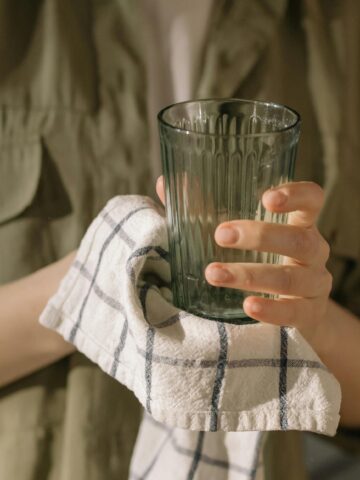
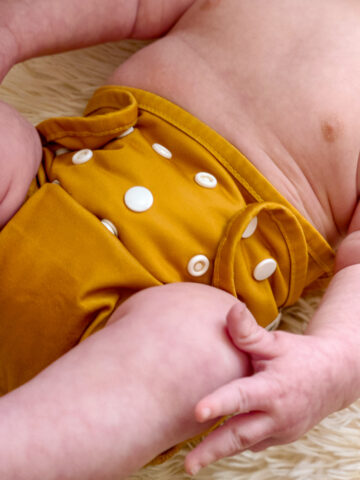
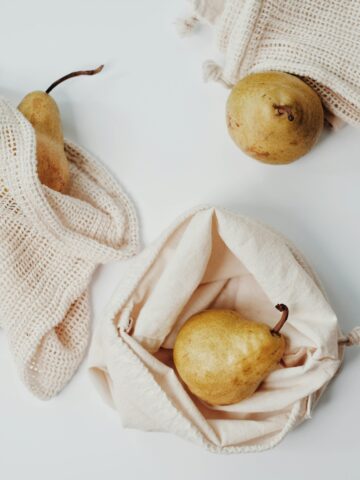
Leave a Reply